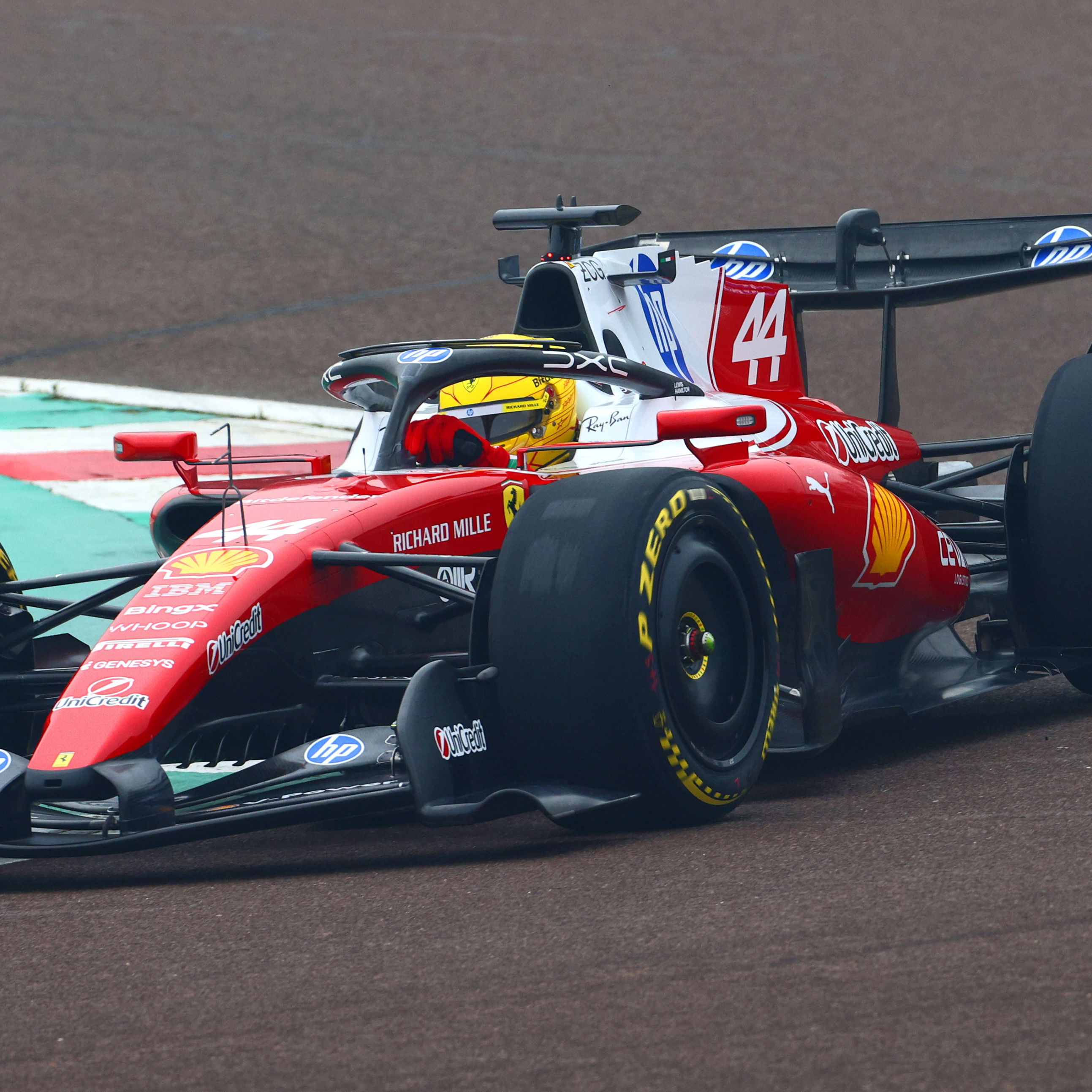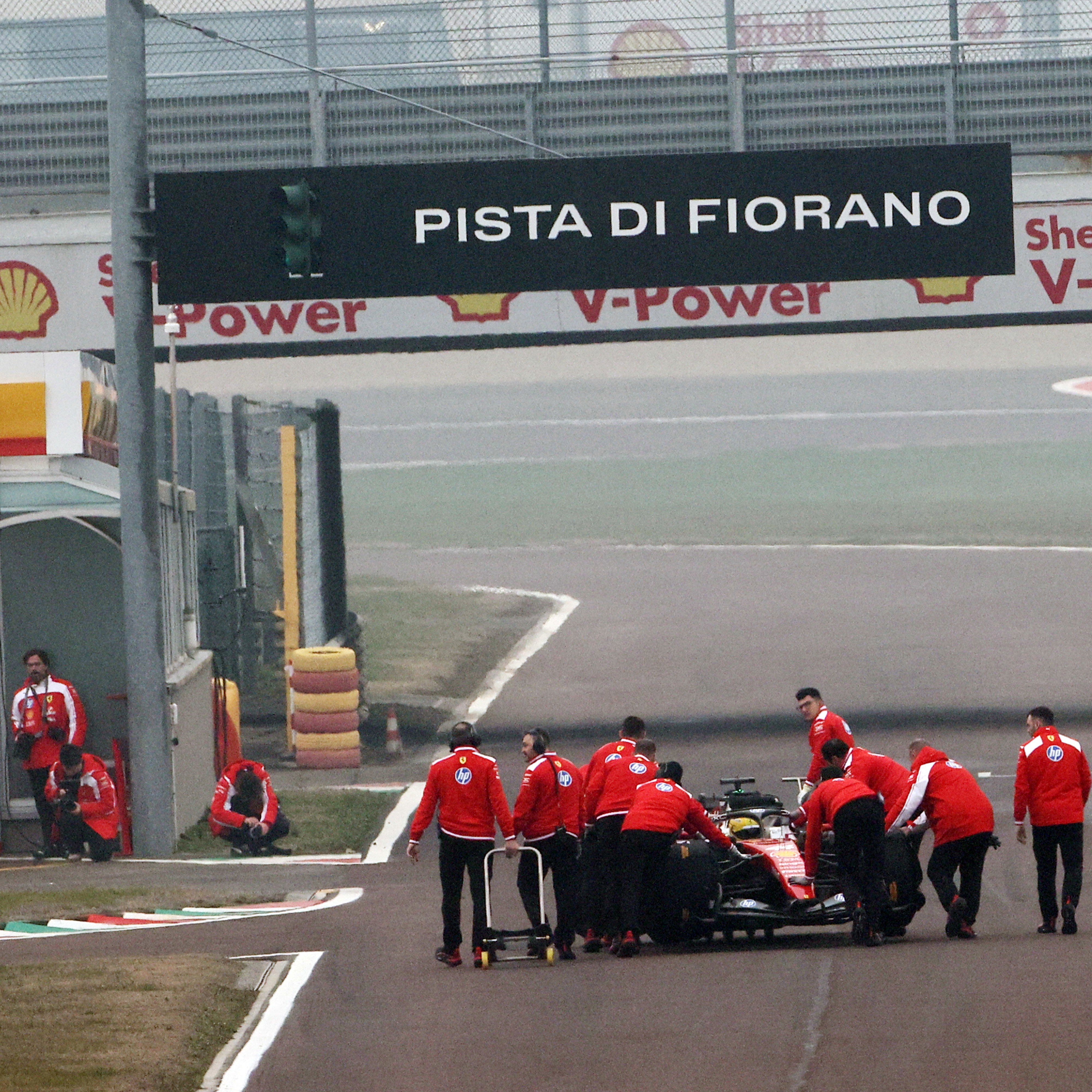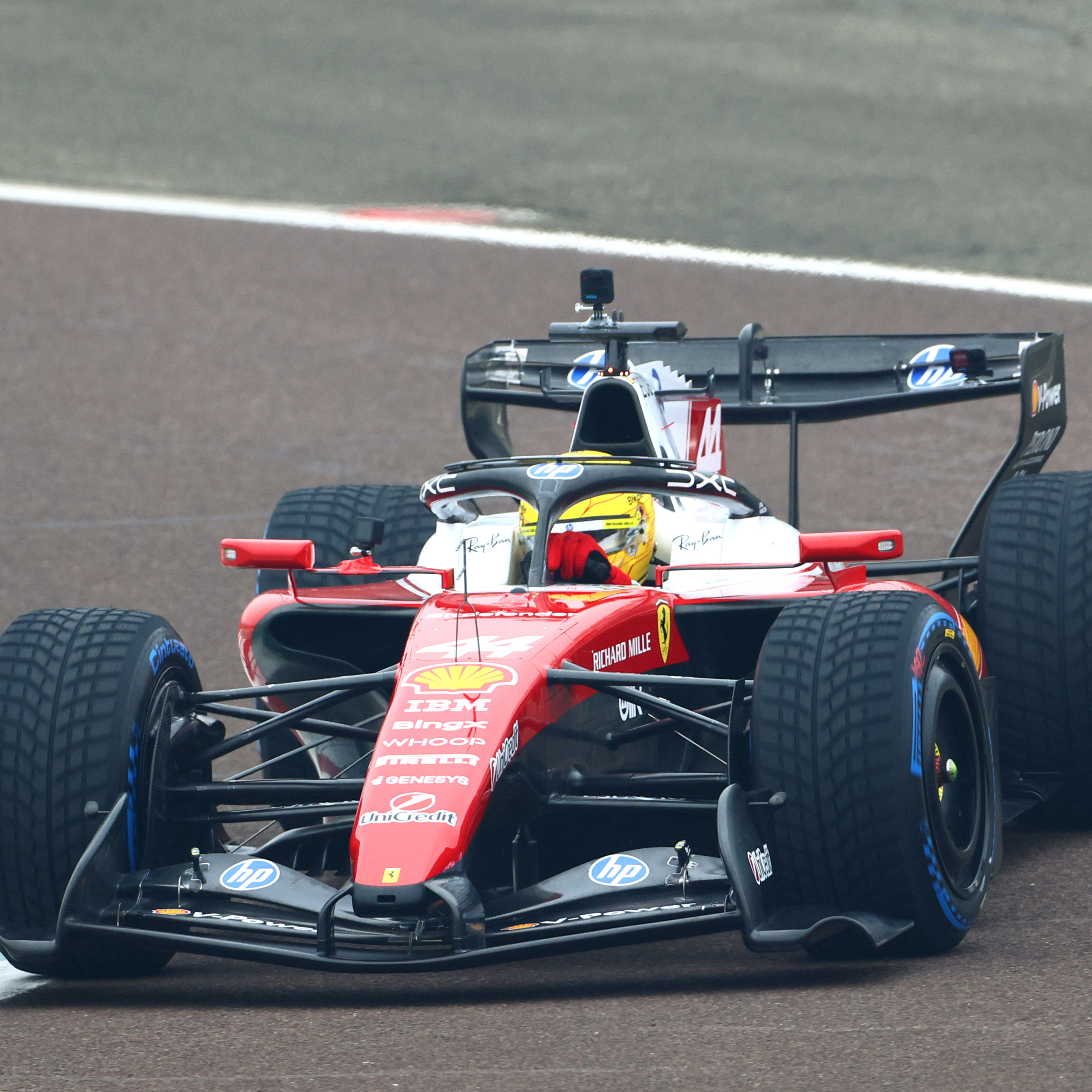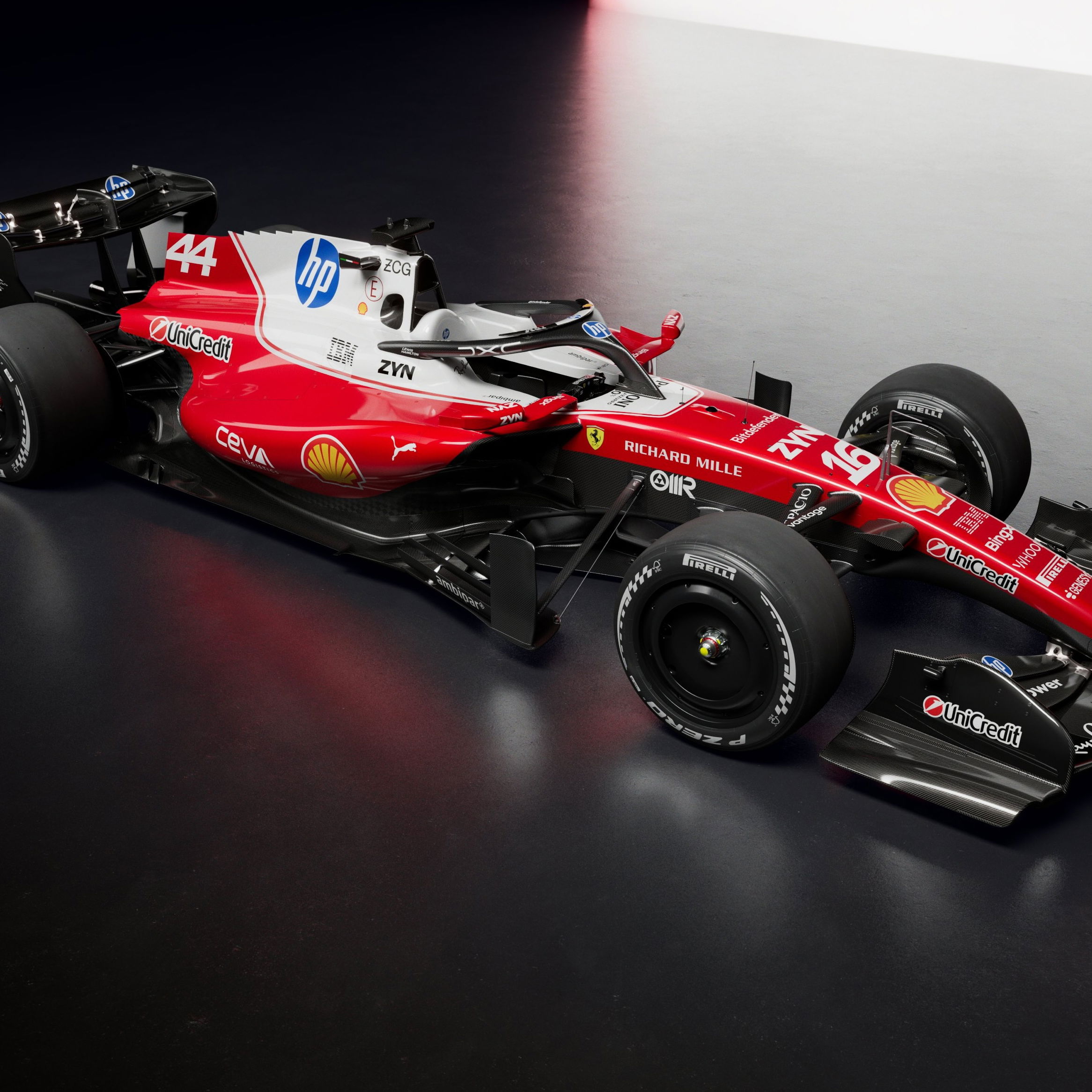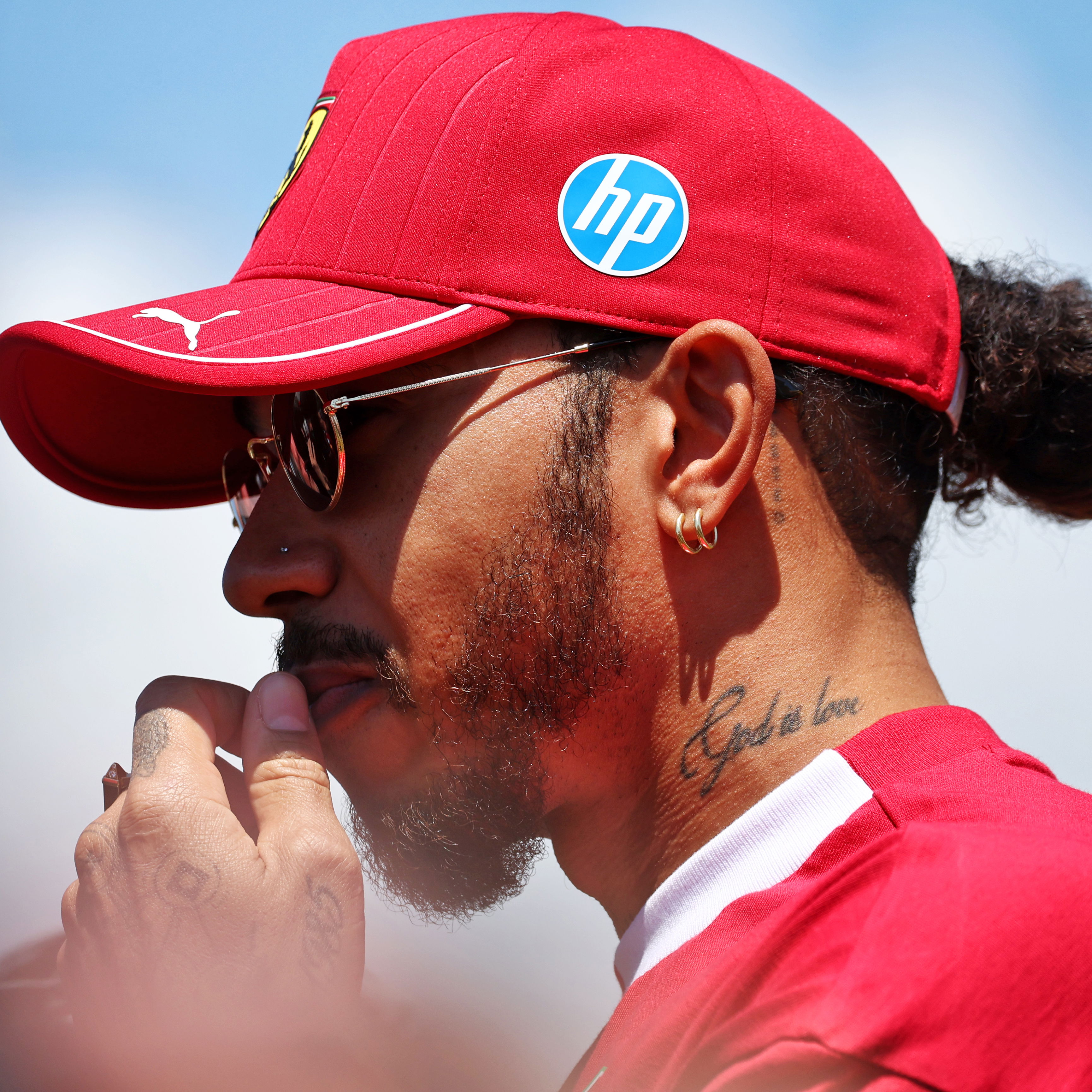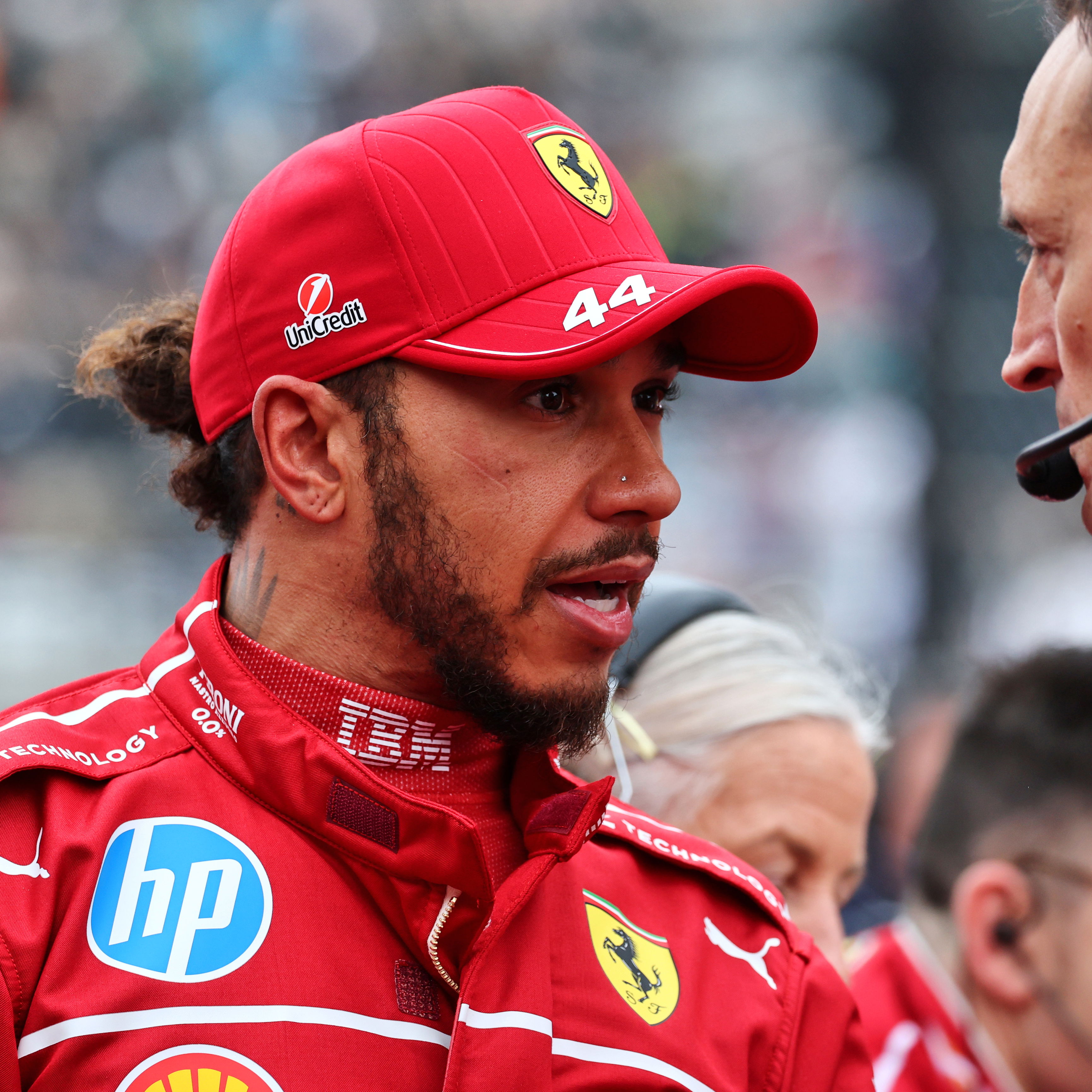Lauda elaborates upon Hamilton 'no charisma' comments
Niki Lauda has spoken to clarify remarks attributed to him last week suggesting current Formula 1 World Champion Lewis Hamilton has no charisma, insisting that his comments were 'misunderstood' and that 'in any case, charisma doesn't make you go any faster'.

Niki Lauda has spoken to clarify remarks attributed to him last week suggesting current Formula 1 World Champion Lewis Hamilton has no charisma, insisting that his comments were 'misunderstood' and that 'in any case, charisma doesn't make you go any faster'.
The Austrian created something of a storm when he contended that F1 drivers of today 'never have a chance to develop a personality' and was quoted as having claimed that 'the only kind of charisma someone like Lewis Hamilton has is his girl Nicole Scherzinger', in reference to the McLaren-Mercedes star's Pussycat Doll girlfriend [see separate story - click here].
In an interview with Italian newspaper La Stampa, however, Lauda insisted that he had simply - and not for the first time in his career, following quotes several years ago seeming to imply that even a monkey could drive a modern grand prix car - been misinterpreted.
"I was misunderstood again," explained the former triple F1 World Champion, "and in any case charisma doesn't make you go any faster. Since my time, safety has changed so much. Every year we saw one of our colleagues die on the track; deciding when to brake was an existential question. When you practice sport in this manner it forms your character in an entirely different way.
"Now, happily, it's not like that anymore; since 1994, and the deaths of [Roland] Ratzenberger and [Ayrton] Senna, they have worked very hard and very well to improve safety. The drivers of today arrive at the circuit with their wives, children and dog in tow - once that would have been unthinkable.
"Many things have changed. I always tried to understand the mistakes I was making. Now they don't need to; the computer analysis and judges the errors. That's why drivers are now getting into F1 four or five years earlier than those of my generation.
"Traction control and other electronic aids until a few years ago simplified the driving of an F1 car, but to go to the limit remains a question of talent and technique; the best drivers will always go quicker than the others."
Reckoning that the 'best drivers' in 2009 - notwithstanding the dramatic regulation changes brought into force for the upcoming campaign - will be once more Hamilton, Ferrari duo Felipe Massa and Kimi Raikkonen and Renault's former double title-winner Fernando Alonso, Lauda was more dismissive about the chances of the sport's young guns. He also predicted that Ferrari - the team with which he clinched two of his three crowns in the top flight, in 1975 and 1977 - would again emerge on top in the constructors' battle.
Outspoken as ever, he added that the first thing he would change about modern-day F1 would be the design of the cars - 'they look like lawnmowers; they're horrible' - and added his fears to those of others that all the aerodynamic changes may not necessarily bring about the desired effect in terms of generating more exciting on-track action, even if he agrees that cost-cutting was an absolutely necessary step to take.
"When the rules change in such a drastic manner, between one team and another the distance becomes enormous," reasoned the recently-turned 60-year-old, "but in Formula 1 everyone has been spending all the money they have and more besides. It was important to reduce the expenditure; that way those that have fewer resources can be competitive too. The public won't notice any difference; a grand prix will remain a unique spectacle."
Reflecting on his own career, finally, the 25-time grand prix winner - who came perilously close to being burnt alive in a fireball at the N?rburgring in 1976 and later had to undergo two kidney transplants - underlined that he has 'no regrets', has only fond memories of Enzo Ferrari who 'enabled me to realise my dream of driving a Ferrari' and that 'the past is indifferent to me - looking back at old photos doesn't give me any emotions'.
What's more, that day in Germany in early August, 33 years ago, he admits, was not the worst of his life - even if the 'all-too vivid' memories of it heavily influenced his decision to withdraw from the rain-lashed Japanese Grand Prix at Fuji later in the season, in so doing conceding the title to McLaren rival James Hunt.
"The most tragic moment was in May, 1991," he reflected, "when an aeroplane from my company came down mid-flight because of a technical failure caused by its design; 233 people died. The N?rburgring involved only me, and Arturo Merzario who saved my life."
